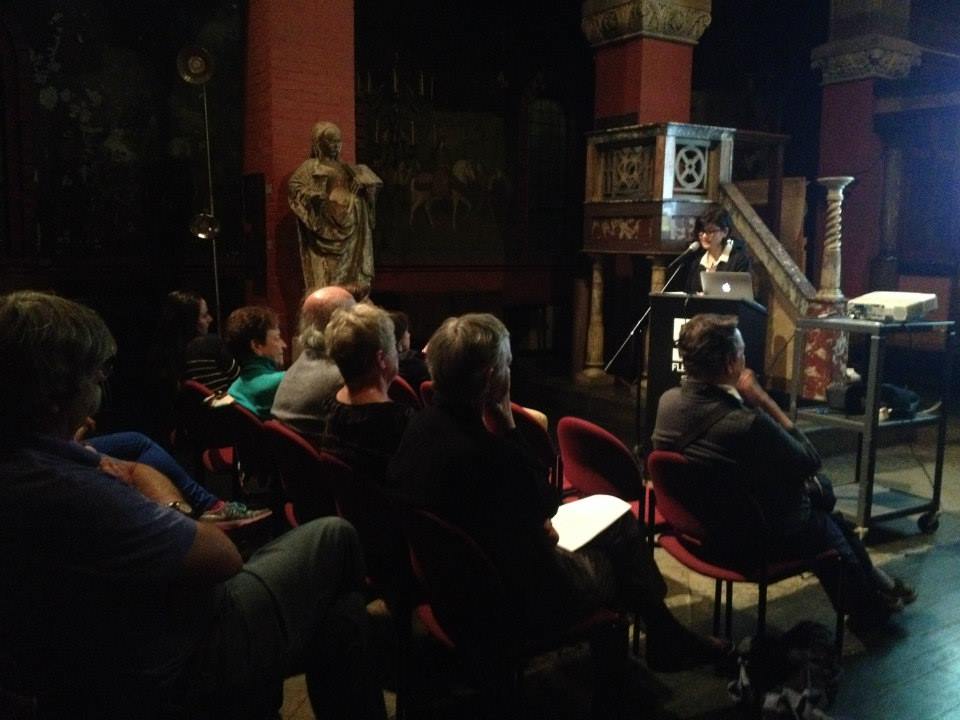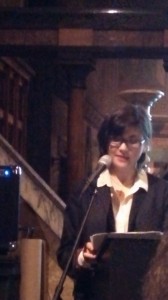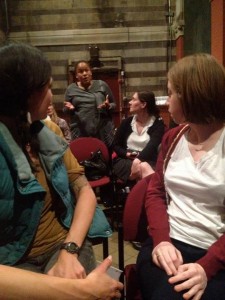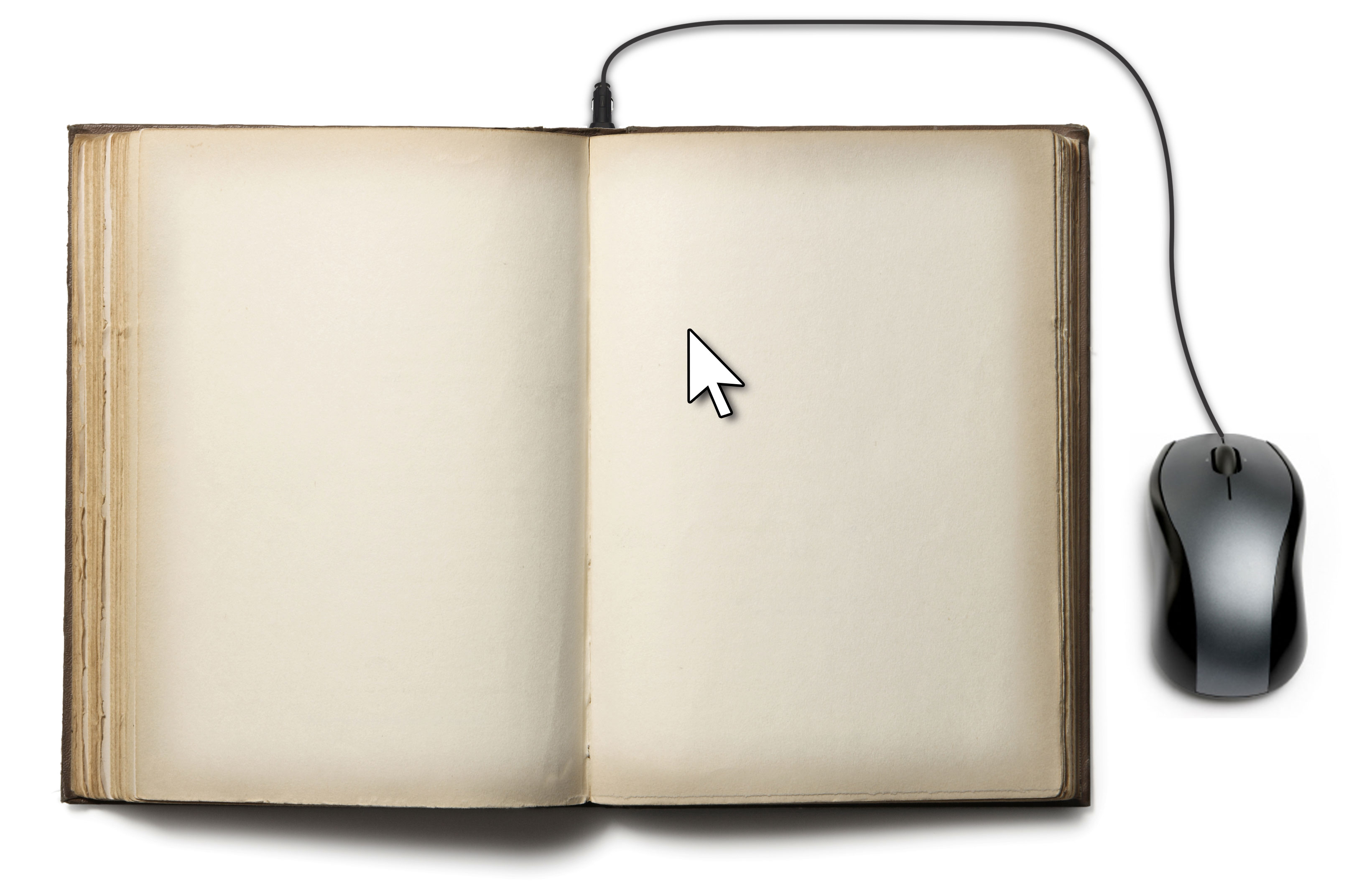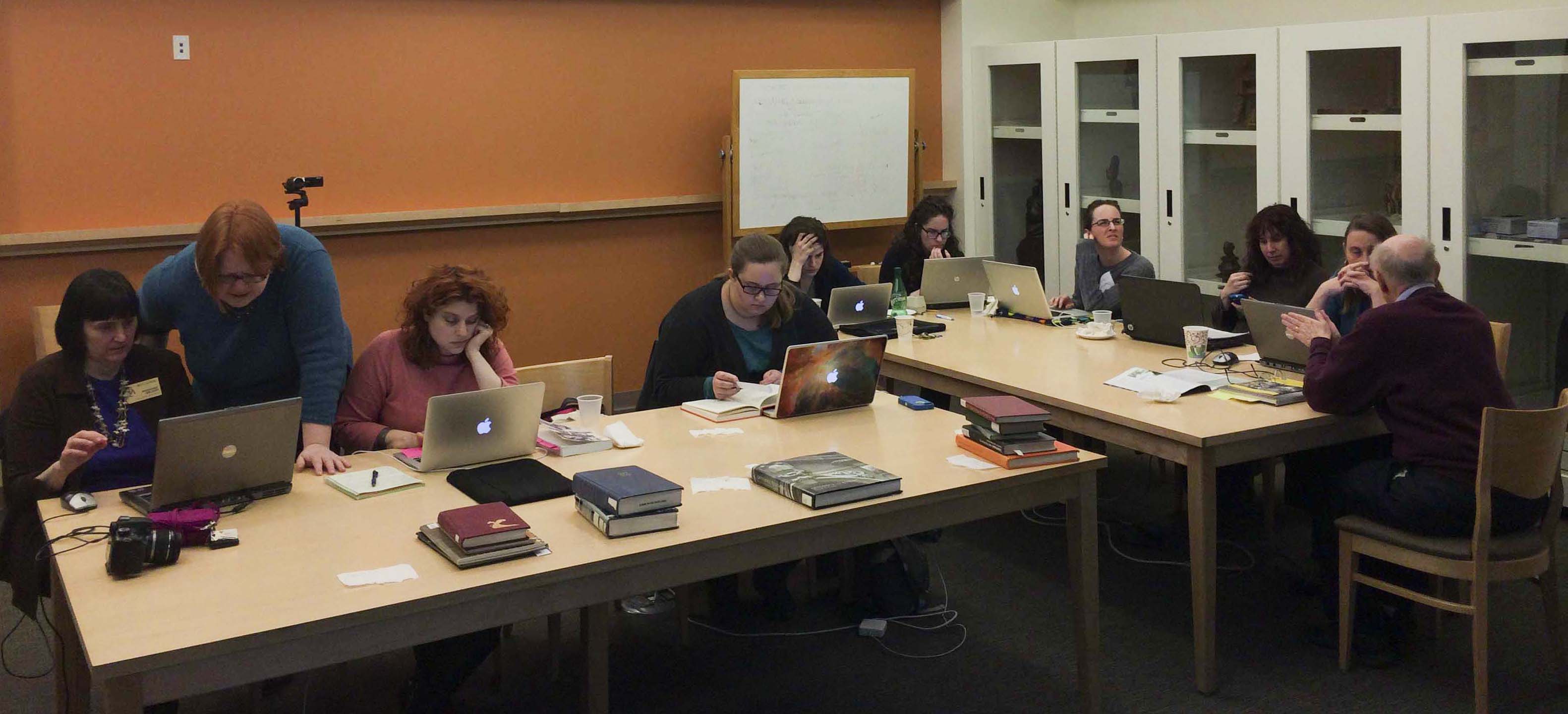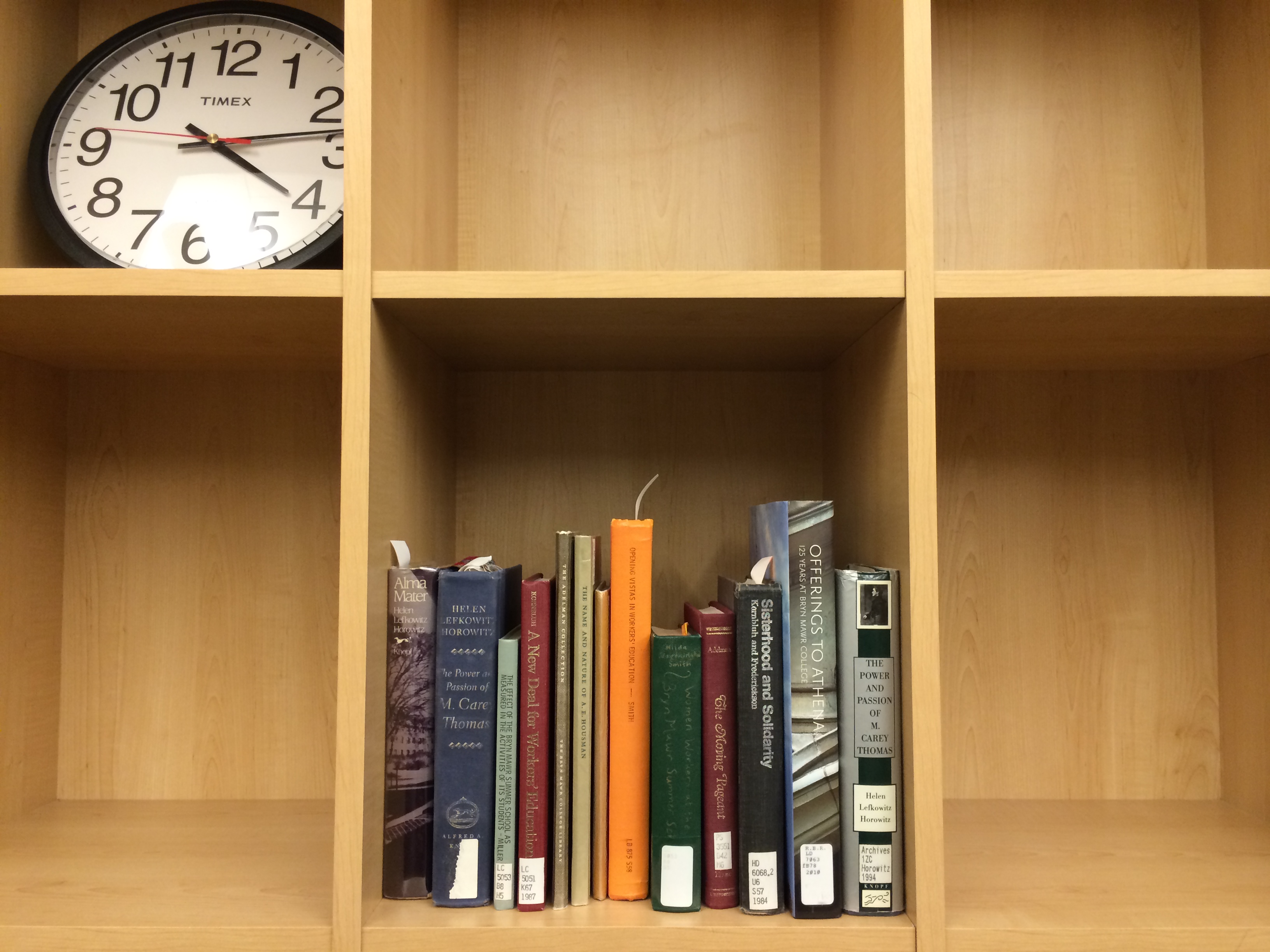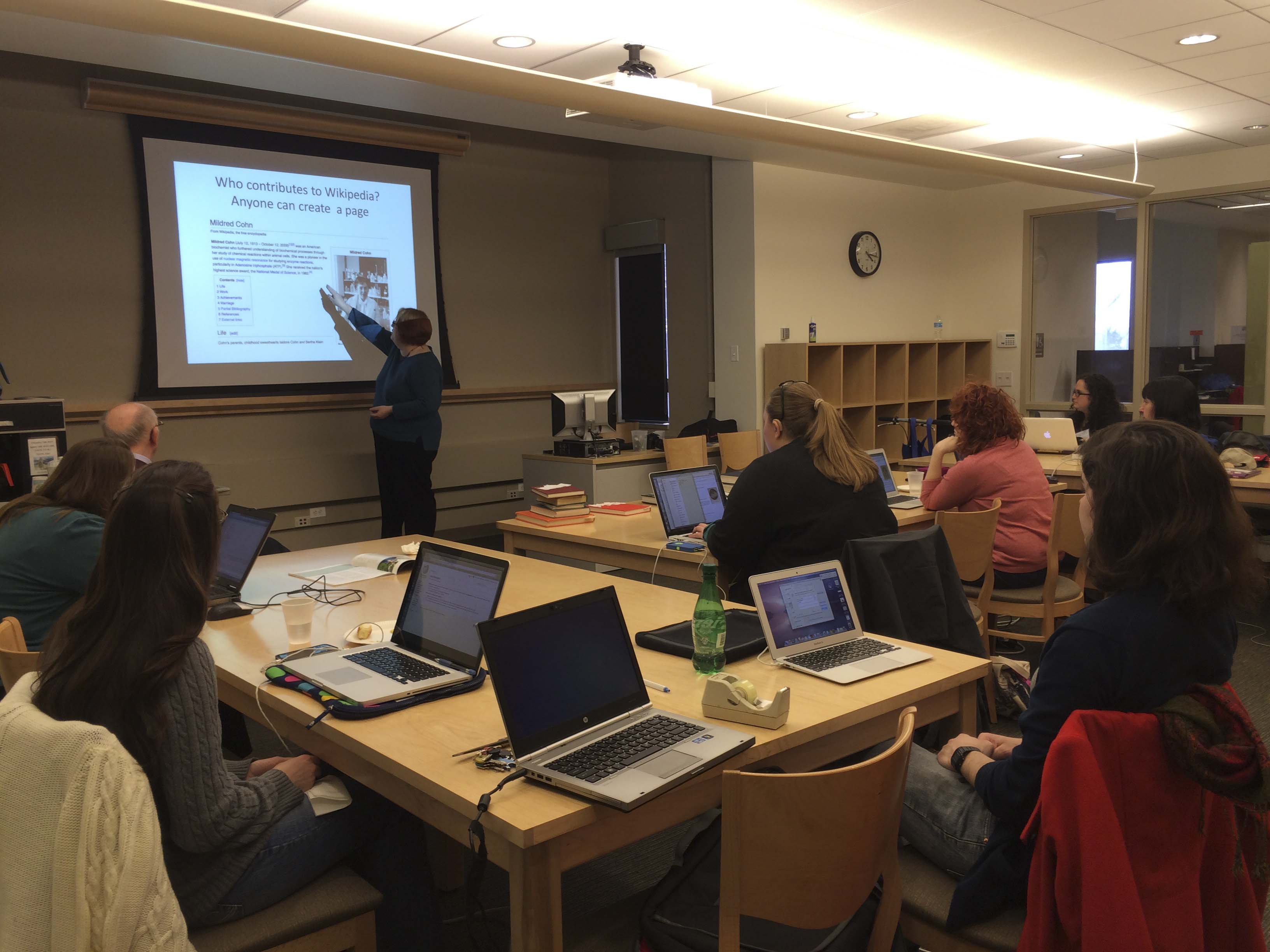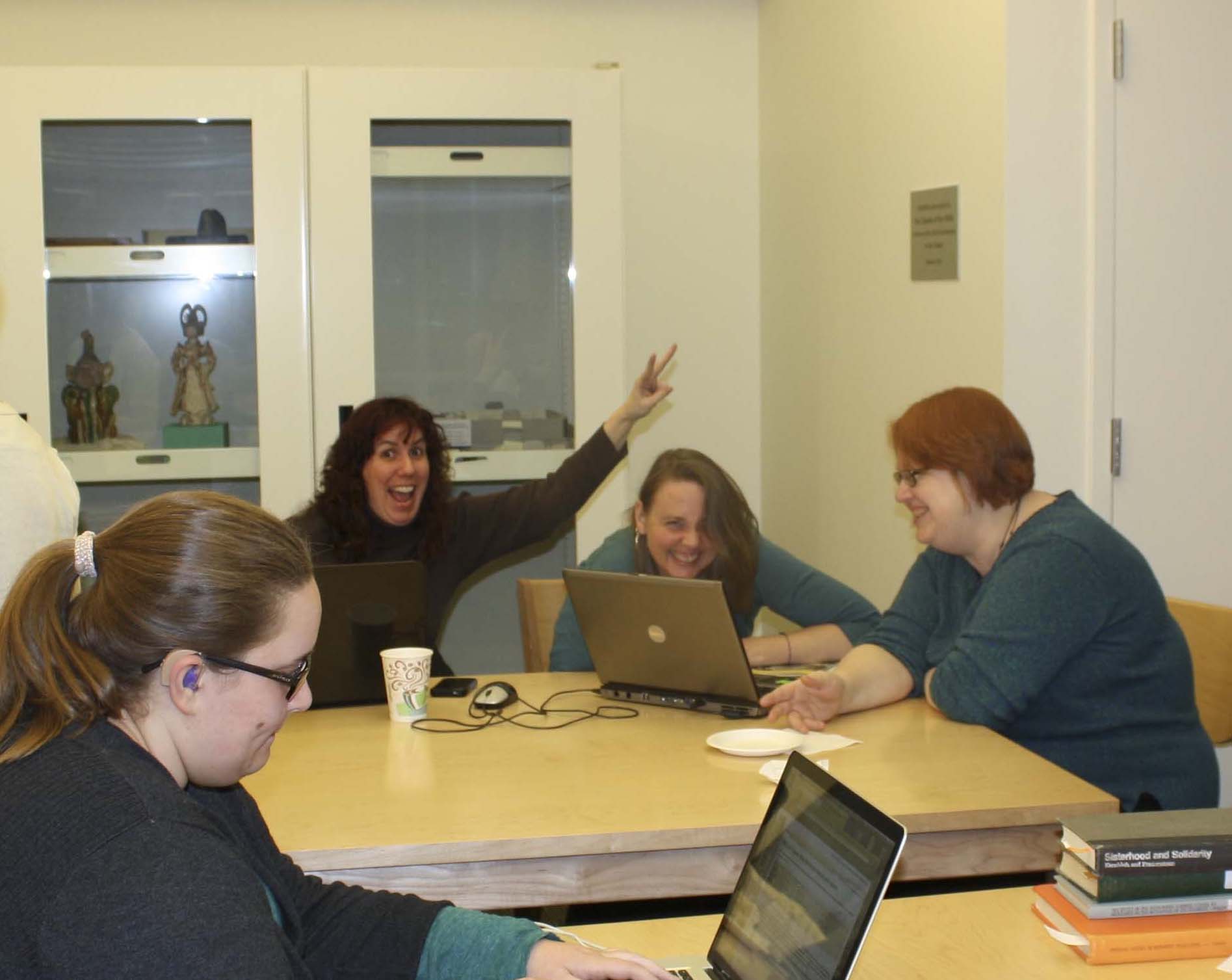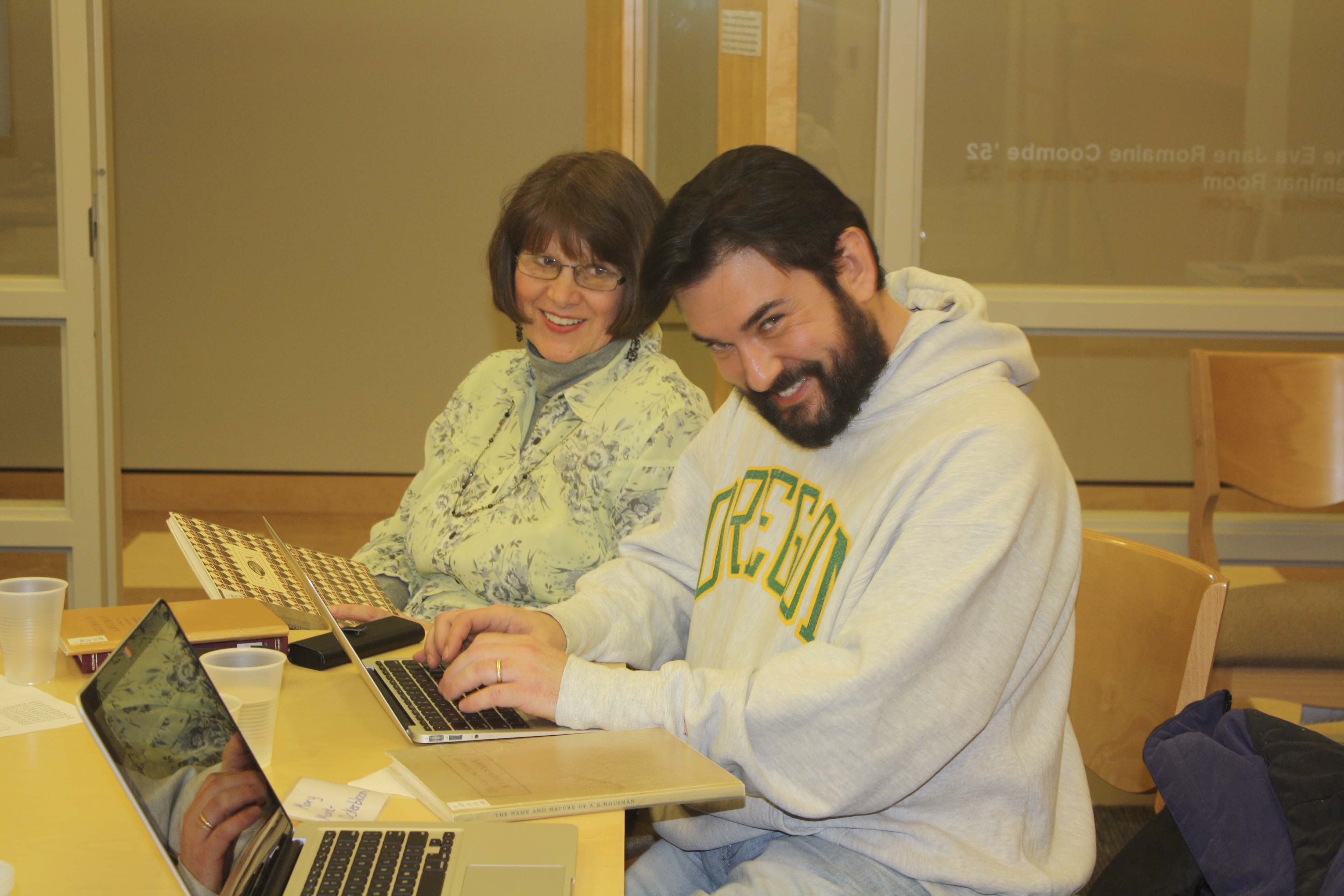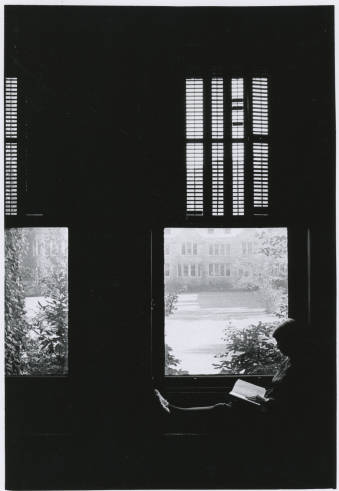The deadline for submitting proposals for the 2015 Rural Women’s Studies
Association Triennial Conference in San Marcos, Texas, is May 15, 2014.
Call for Presentations and Papers
“The Local is Global”: Gender and Rural Connections across Time and Place
Rural Women’s Studies Association Triennial Conference
Hosted by Texas State University, San Marcos, Texas
February 12-14, 2015
The theme of the 2015 conference “The Local is Global”: Gender and Rural
Connections across Time and Place emphasizes the importance of rural
women’s local activities and experiences – both historical and
contemporary – to global affairs. At the same time, it highlights the
gendered impacts of and reactions to global processes – including
globalization, international and transnational trends, policies and
programs, and climate change -at the local level. It especially aspires to
explore how these different scales are connected across time and space.
RWSA is an international association for the advancement and promotion of
research on rural women and gender in a historical perspective. Worldwide,
the Association aims to encourage research, to promote existing and
forthcoming scholarship, and to establish and maintain links with
contemporary organizations around the interests of rural women, rural
communities and the rural environment, including farming and the
agricultural sector, from a gender perspective. RWSA welcomes academic
scholars, public historians and archivists, graduate students, and
representatives of rural organizations and communities to be association
members and conference participants.
Along with paper presentations and panels, proposals for workshops,
interactive sessions, posters, open discussions, performances, readings,
audiovisual presentations are very much encouraged. Especially welcome are
those with inter-, trans- or multi-disciplinary approaches, and/or that
connect rural women’s / gender history and present-day political,
ecological or social and economic concerns, worldwide. We are also looking
for submissions that integrate creative work with the conference themes.
We plan to have at least one evening dedicated to creative work, but are
interested in integrating artists from visual, film, performative and
literary genres into the fabric of the conference as well.
RWSA aims to discuss and further develop the thematic areas relevant to
rural contexts, such as gender and labor, food, health, education, the
professions, cultural heritage, leadership, migration, technology,
communication, iconography and creative expression in rural contexts.
Proposals for this conference are especially encouraged to also include:
* Rural women’s voices as forms of power and arbiters of change;
* Differences and changes in rural femininities and masculinities;
* The intersection of rural women and/or gender with other
socio-cultural dimensions such as wealth / class, ethnicity / race, age /
generation, religion, sexuality, health status;
* Gender and/or women in social and other reform movements, social
and welfare policy initiatives, rural grassroots organizations, especially
with respect to rural communities, agriculture, the rural environment and
natural resource management;
* International, transnational, governmental and/or non-governmental
organizations and their gendered rural policies or gender-specific
policies on rural women and men;
* Gender and/ or women in intersections between non-indigenous rural
populations and indigenous peoples – commonalities in struggles,
collaborative experiences, similarities, differences, breakthroughs, etc;
* Knowledge and scholarship in rural gender/women’s history and
women’s integration in rural history.
Please submit the following information by 15 May 2014.
1. Title of paper/session/workshop/performance (working title is acceptable).
2. 400 word description/abstract of paper or proposed session/workshop, etc.
3. Brief vita/bio of presenter or session participants and complete contact
information.
Please indicate if your proposal does not fit in the regular session time
of 1.5 hour with three presentations and discussion. We will get in touch
if the proposal has been accepted.
Submissions should be sent electronically to: RWSA2015@gmail.com.
If it is not possible to send your proposal electronically, please send by
regular mail to the following address if you are submitting from the
Americas:
Cynthia Prescott
History Department, University of North Dakota
221 Centennial Dr., Stop 8096
Grand Forks, ND 58202-8096
USA
Submissions by post from elsewhere in the world should be sent to:
Margreet van der Burg
Rural History, Social Sciences, Wageningen University
Hollandseweg 1, NL-6706 KN Wageningen
The Netherlands
For information on travel grants and letters of invitation, contact Rebecca
Montgomery, rm53@txstate.edu<mailto:rm53@txstate.edu>. For additional
information on the RWSA, please go to the organization website,
http://www.ohio.edu/history/rwsa/
